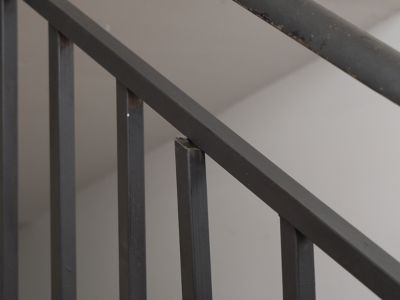The issue here is nothing to do with the strength of the epoxy carbon fibre composite material, I think we all realise that, but its bond to the aluminium, particularly here in this application.
When the metal is lightly roughed up, and properly cleaned with Meths or similar, and then not touched with fingers, the bond is unbelievably strong, even when large temperature changes are experienced..
I have been using epoxy for metal, glass and other items, since I was in school, though it took 24 hours to harden in the early 60s.
When, on an aircraft carrier in the mid 1960s, the air conditioning pumps, huge steel pumps, got attacked/corroded by the icy salt water we used to carry cooling into all spaces requiring it, we simply cleaned the corrosion off down to bare metal, and using huge amounts of epoxy, we "replaced all the corrosion", and isolated the steel from the cold water to prevent further corrosion.
They were then machined to get mating surfaces flat, to prevent any leaks, and they lasted till the carrier was broken up for scrap some 15 years later!!
Furthermore, epoxy resins in those days, would not stick to plastics (as long as I have known them, but they always stuck to properly prepared metal and glass!), and that has been fixed a great many years ago.
Also in the 1960's, it took days to fully harden, that has also been fixed, though even today, slow hardening makes an even stronger bond when required!
This is just one of many suppliers of epoxy talking about metal bonding:-
Repair and work with metal using the best glue for the job. Here’s all you need to know about metal glues.

www.loctiteproducts.com
Everyone should try these the next time something is broken, you have nothing to lose and a lot to gain!
Anyone speaking with no personal understanding of the way such glues, when applied correctly, work nowadays, making impossible repairs possible, is missing out on some really remarkable stuff!
regards
Andy












